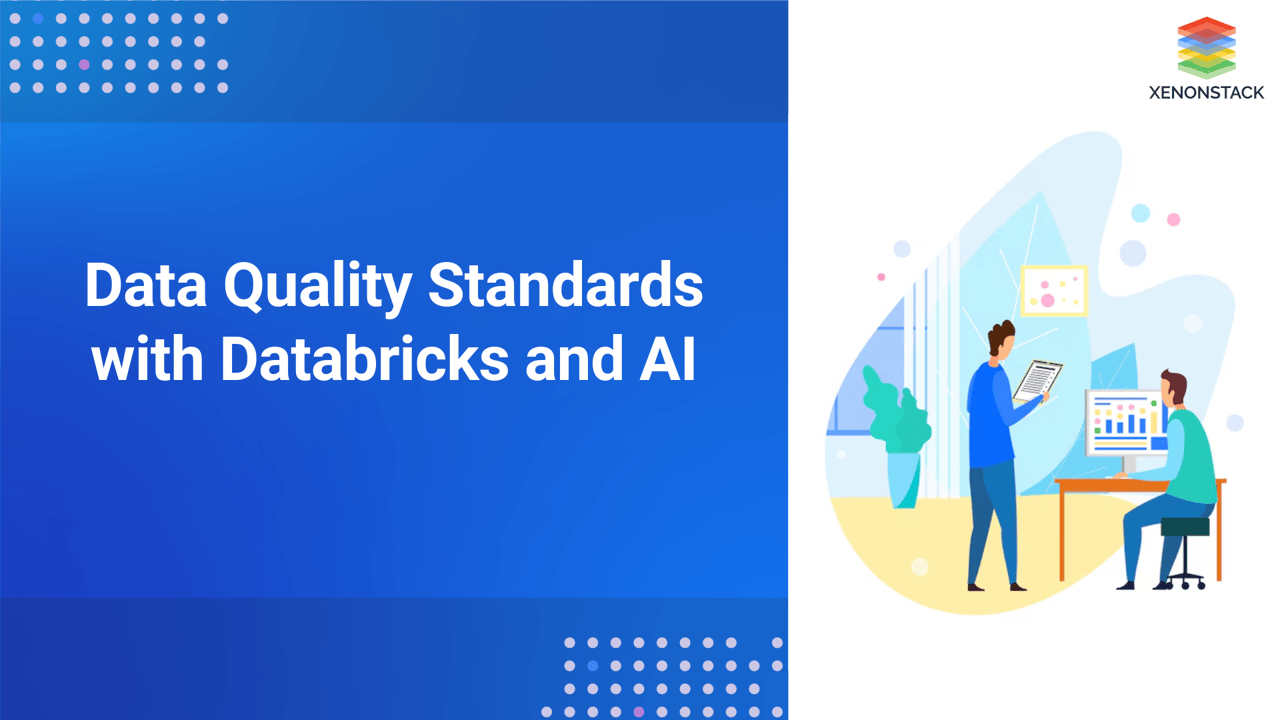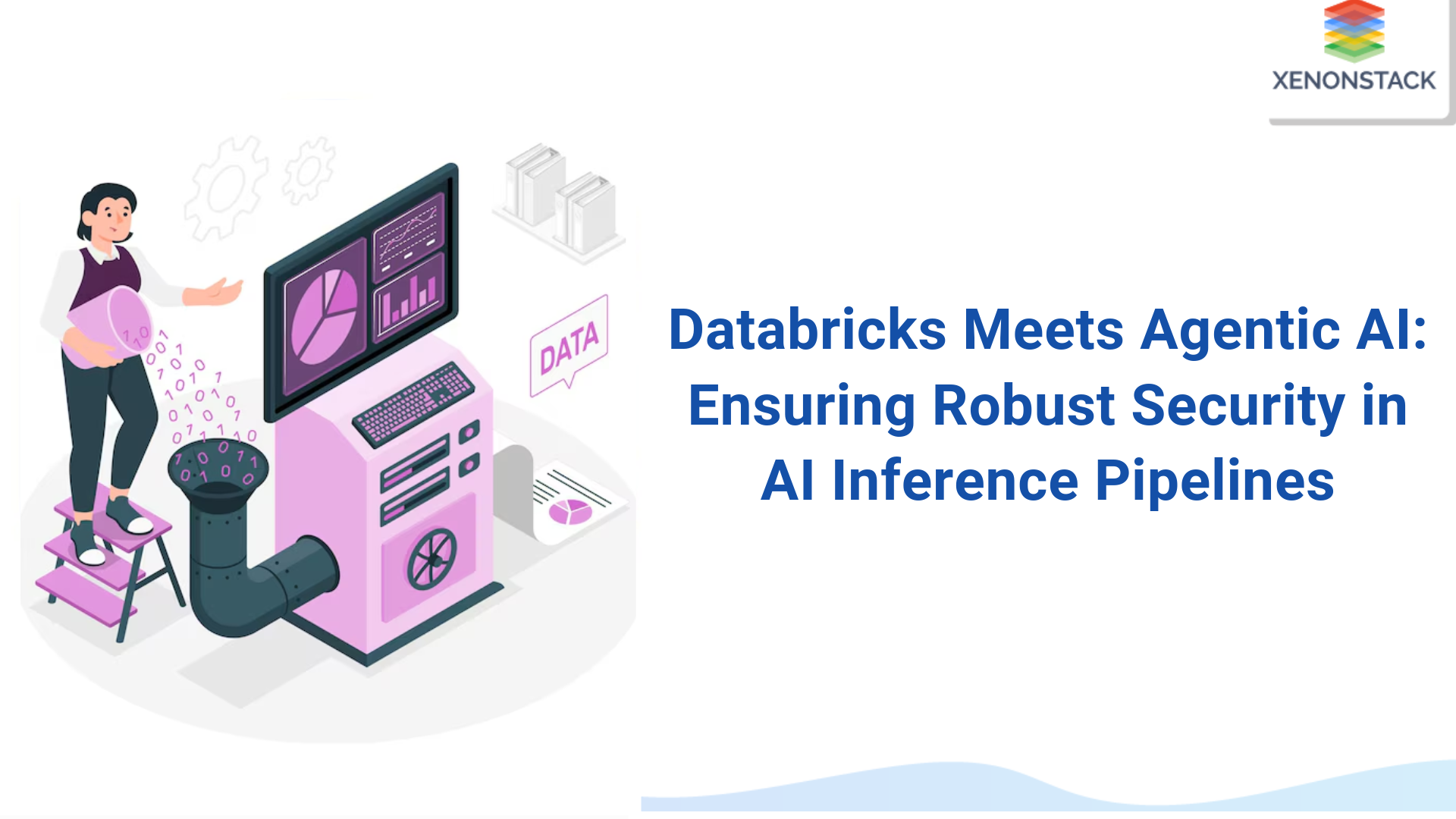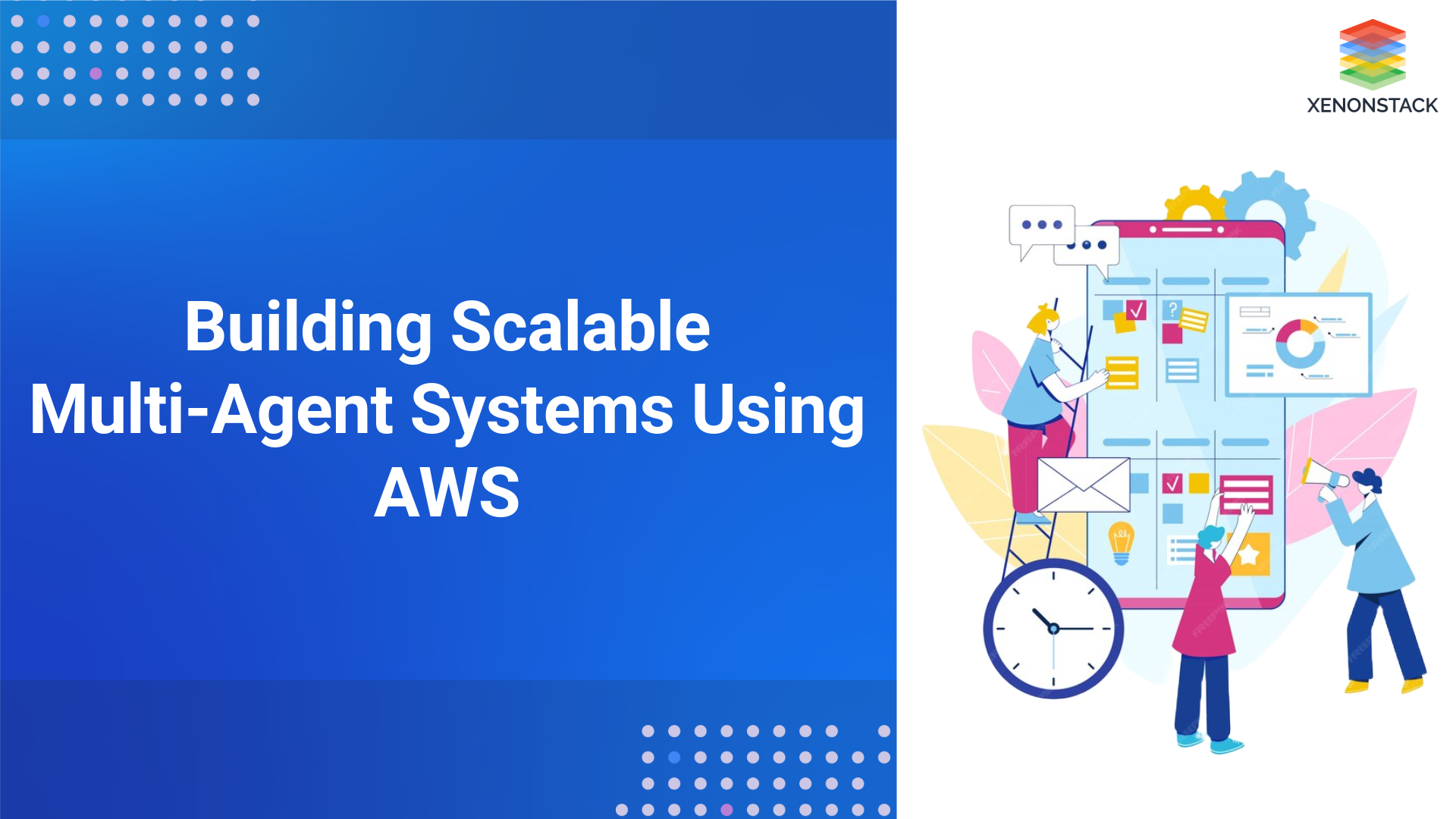
What is Data Quality Benchmarking?
Data quality is the systematic process of evaluating and comparing the quality of an organization's data against established standards or benchmarks. This practice is essential for organizations aiming to maintain high data integrity, as it helps identify areas for improvement, ensures data accuracy, and supports informed decision-making.
Key Concepts of Data Quality Benchmarking
Data quality benchmarking encompasses several key concepts:
-
Data Profiling involves analyzing data to uncover patterns, trends, and anomalies. It helps organizations understand the current state of their data and identify potential quality issues.
-
Data Validation: This process verifies that data meets predefined rules and standards. It ensures that the data collected is accurate and reliable, which is crucial for effective decision-making.
-
Data Cleansing: This refers to removing errors, duplicates, and inconsistencies from data. Cleansing is vital for maintaining high data quality and ensuring stakeholders can trust their information.
-
Data Certification: This process ensures that data meets established quality standards. Certification involves rigorous testing and validation to confirm that only high-quality data is utilized in business operations.
Traditional Way of Data Quality Benchmarking
Historically, data quality benchmarking was a manual process, requiring data analysts and IT professionals to review and validate data against established standards. This approach was often time-consuming, labour-intensive, and susceptible to human error, leading to inconsistencies and inaccuracies in data quality assessments. Data Quality Checks with Agentic AI and AWS Deequ.
Impact on Customer due to Traditional Way of Data Quality Benchmarking
The traditional methods of data quality benchmarking can significantly impact customers and organizations alike:
-
Inaccurate Insights and Bad Decision-Making: Poor data quality can lead to misguided strategies and decisions, ultimately affecting customer satisfaction and business performance.
-
Loss of Business and Revenue: Organizations that fail to address data quality issues risk losing customers and revenue due to subpar products or services.
-
Damage to Reputation and Brand: Consistently low-quality data can erode stakeholder confidence, damaging an organization's reputation and brand image.
-
Compliance and Regulatory Issues: Inaccurate data can lead to non-compliance with industry regulations, which can result in fines and legal repercussions.
Prominent Technologies in the Space of Data Quality Benchmarking
Several technologies play a crucial role in data quality benchmarking:
-
Databricks: A cloud-based data engineering platform that provides a unified analytics environment for data engineering, data science, and data analytics. Databricks enhances data quality through its robust data management capabilities. Databricks Auto-Scaling Clusters.
-
Apache Spark: An open-source data processing engine that offers high-performance processing of large-scale datasets. Spark's capabilities are integral to Databricks, enabling efficient data handling and analysis.
-
Machine Learning: A subset of artificial intelligence that involves training algorithms to learn from data and make predictions or decisions. Machine learning can enhance data quality by automating profiling, validation, and cleansing processes.
How AI Agents Supersede Other Technologies
AI agents offer significant advantages over traditional technologies in data quality benchmarking:
-
Automated Data Profiling and Validation: AI agents can automatically analyze data for anomalies and validate it against established standards, reducing the need for manual intervention.
-
Real-Time Data Quality Monitoring and Prediction: AI agents enable continuous data quality monitoring, allowing organizations to detect issues as they arise and predict potential problems based on historical trends.
-
Advanced Data Cleansing and Certification: AI agents can automate data cleansing, ensuring that data remains accurate and reliable over time.
-
Scalable and Secure Data Processing: AI agents can efficiently handle large volumes of data, providing organizations with the scalability needed to manage growing datasets securely.
Solution: AI Agents to Analyze Data at Various Levels
AI agents can analyze data at multiple levels, enhancing the overall data quality process:
-
Data Ingestion: AI agents can monitor data as it is ingested into the system, identifying errors and inconsistencies early in the process.
-
Data Processing: AI agents can analyze data for patterns and trends during data processing, ensuring that quality issues are addressed promptly.
-
Data Storage: AI agents can assess data as it is stored, identifying potential quality issues and providing recommendations for improvement.
Architecture Diagram
 Fig 1: AI Agents to Analyze Data
Fig 1: AI Agents to Analyze Data
The architecture diagram for AI agents in data quality benchmarking includes the following:
-
Data Ingestion: Data is collected from various sources, including APIs, files, and databases.
-
Data Processing: Data is processed using Apache Flink and Databricks, enabling high-performance handling of large datasets.
-
AI Agents: AI agents analyze data at various levels, providing automated profiling, validation, and cleansing.
-
Data Storage: Data is securely stored in a scalable data warehouse, ensuring real-time access and compliance with data governance standards.
Successful Implementations of AI Agents in Data Quality Benchmarking
Several organizations have successfully implemented AI agents to enhance their data quality benchmarking processes:
-
Netflix: Netflix employs AI agents to analyze user data, providing real-time insights into customer behaviour and preferences. This enables the company to tailor its content recommendations and improve user satisfaction.
-
Amazon: Amazon utilizes AI agents to monitor and analyze data across its vast e-commerce platform. This allows for real-time inventory management and customer service adjustments, enhancing operational efficiency.
-
Walmart: Walmart leverages AI agents to analyze sales data and customer feedback, optimising its supply chain and improving product offerings based on consumer demand.
Benefits of AI Agents in Data Quality Benchmarking
The implementation of AI agents in data quality benchmarking offers numerous benefits, including:
-
Improved Data Accuracy: AI agents can automatically detect and correct errors, ensuring that data is accurate and reliable.
-
Enhanced Data Quality: AI agents can analyze data at multiple levels, identifying potential quality issues and providing recommendations for improvement.
-
Increased Efficiency: AI agents can automate data profiling, validation, and cleansing processes, reducing the need for manual intervention and improving overall efficiency.
-
Scalability and Security: AI agents can efficiently handle large volumes of data, providing organizations with the scalability needed to manage growing datasets securely.
Challenges and Limitations of AI Agents in Data Quality Benchmarking
While AI agents offer significant advantages in data quality benchmarking, there are also challenges and limitations to consider:
-
Data Quality Issues: AI agents can only analyze data that is available and accessible. If data quality issues exist, AI agents may be unable to analyze the data accurately.
-
Complexity of Data: AI agents may struggle to analyze complex data sets, particularly those with multiple variables and relationships.
-
Lack of Standardization: AI agents may require standardization of data formats and structures to analyze data effectively.
-
Dependence on Human Intervention: AI agents may require human intervention to validate and correct errors, particularly in cases where data quality issues are complex or nuanced.
Future of AI Agents in Data Quality Benchmarking
The future of AI agents in data quality benchmarking is promising, with ongoing advancements in machine learning and artificial intelligence. As AI agents continue to evolve, they will become increasingly sophisticated, enabling organizations to:
Enhance Operational Efficiency: AI agents will automate more data profiling, validation, and cleansing processes, reducing the need for manual intervention and increasing overall efficiency.
Best Practices for Implementing AI Agents in Data Quality Benchmarking
To ensure the successful implementation of AI agents in data quality benchmarking, organizations should follow best practices, including:
-
Establish Clear Data Quality Standards: Organizations should establish clear data quality standards and ensure that all stakeholders understand the importance of data quality.
-
Implement Data Profiling and Validation: Organizations should implement data profiling and validation processes to ensure that data is accurate and reliable.
-
Automate Data Cleansing Processes: Organizations should automate data cleansing processes to reduce the need for manual intervention and increase overall efficiency.
-
Regularly Review and Update Data Quality Standards: Organizations should periodically review and update data quality standards to ensure they remain relevant and practical.
Conclusion Data Quality Standards with Databricks
In conclusion, benchmarking data quality standards is essential for organizations that rely on data for decision-making. Databricks, combined with AI agents, offer a powerful solution for ensuring high-quality data through comprehensive data management capabilities. Organizations can overcome data quality challenges and drive better business outcomes by implementing best practices and leveraging the features of Databricks and AI.
Maintaining data quality will be crucial for success in the data-driven landscape as data grows in volume and complexity. Embracing these technologies enhances data integrity and positions organizations to thrive in an increasingly competitive environment.
Next Steps with Data Quality with Databricks
Talk to our experts about implementing compound AI systems and how industries and departments leverage Agentic Workflows and Decision Intelligence to enhance data quality standards. Utilize AI and Databricks to automate data validation, improve accuracy, and ensure compliance, driving efficiency and reliability in data-driven operations.



